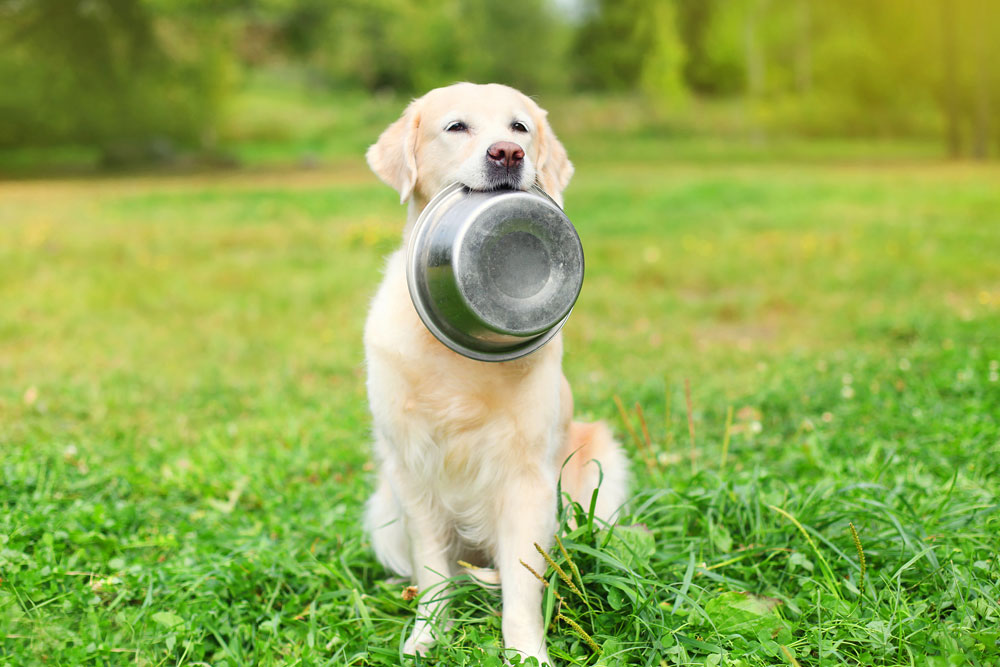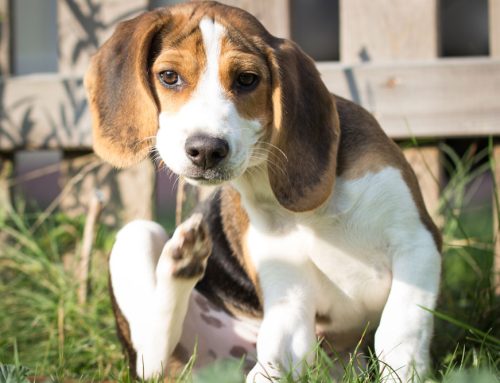You’re at the park with your dog, or perhaps your back yard, and all of a sudden, your dog begins to consume grass at a blinding rate as if it’s an all-you-can-eat buffet. Several questions may be running through your mind at this point. What is going on with my dog? Grass? Really? Does it even taste good? They just ate, are they really that hungry again? But maybe more importantly: Why is my dog eating all this grass?
First, you are not alone in asking these questions. This can be a strange behavior to see. According to the American Kennel Club, eating grass can be a sign that your dog is attempting to relieve an upset stomach, and some dogs vomit soon after consuming it. While this behavior is not necessarily harmful to your dog, it can cause intestinal parasites that can be picked up from other animal’s stools. Also, the herbicides and pesticides that you use on your lawn can be harmful to your dog as well.
If you notice that your dog has begun to consume grass more frequently or excessively, it is time to notify your veterinarian. Be on the lookout for vomiting, diarrhea, weight loss, decrease in appetite, bloody stools, lethargy, or lip licking as these additional symptoms could signal an underlying health condition. Also, monitor your dog when they are around house plants as some may be toxic to dogs.
If your dog occasionally eats grass or even vomits after doing so, know that this is within the range of normal behavior for them. It should only be a concern if they have consumed grass more frequently, or you believe they have ingested toxic chemicals or plants. If you have any concerns about your dog’s grass-eating habits or believe they have ingested something toxic as a result, call the poison control hotline or contact your veterinarian’s office.




Leave A Comment